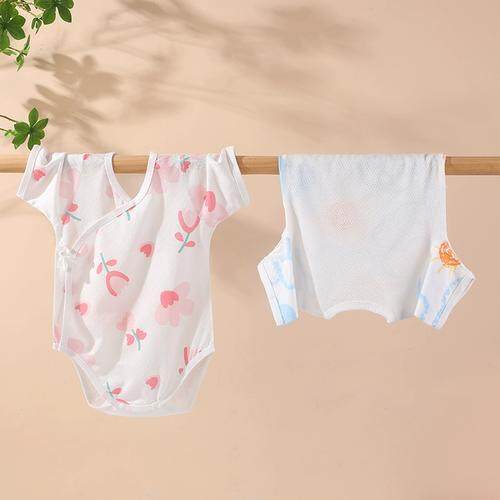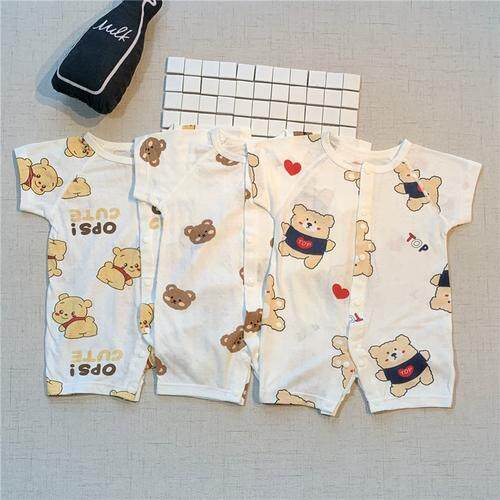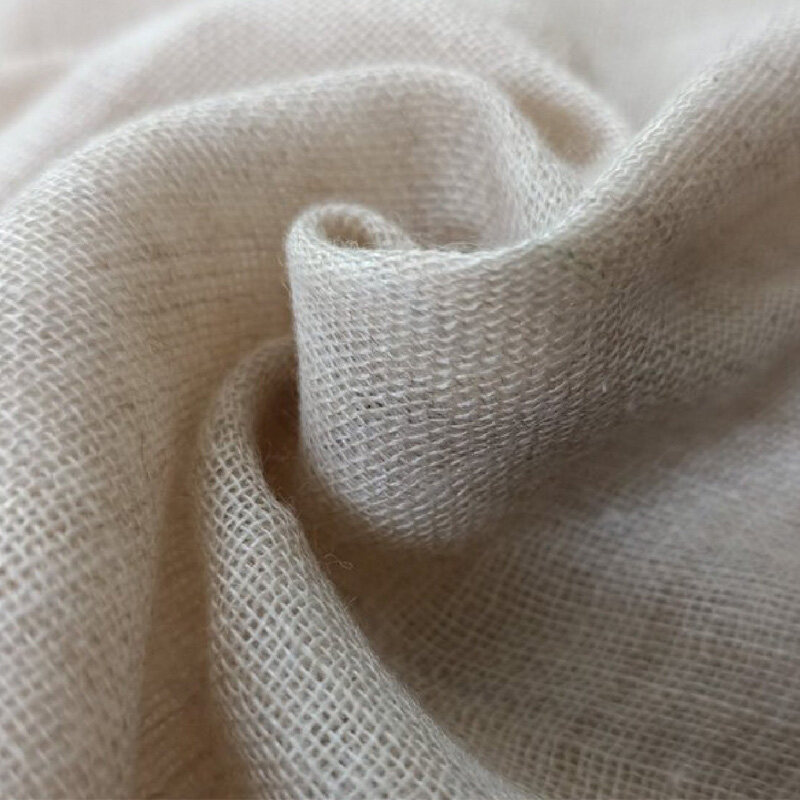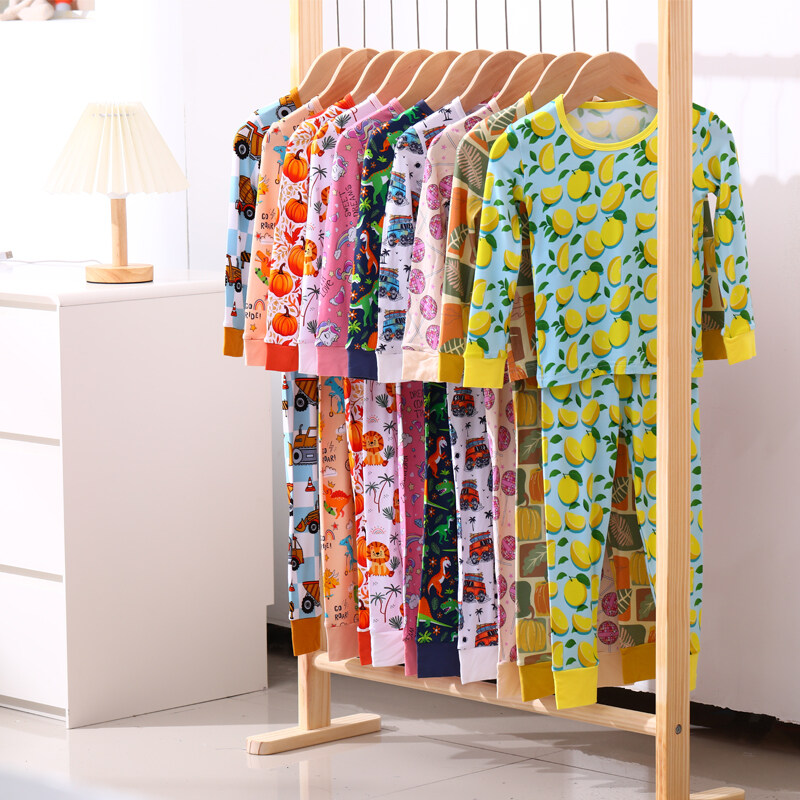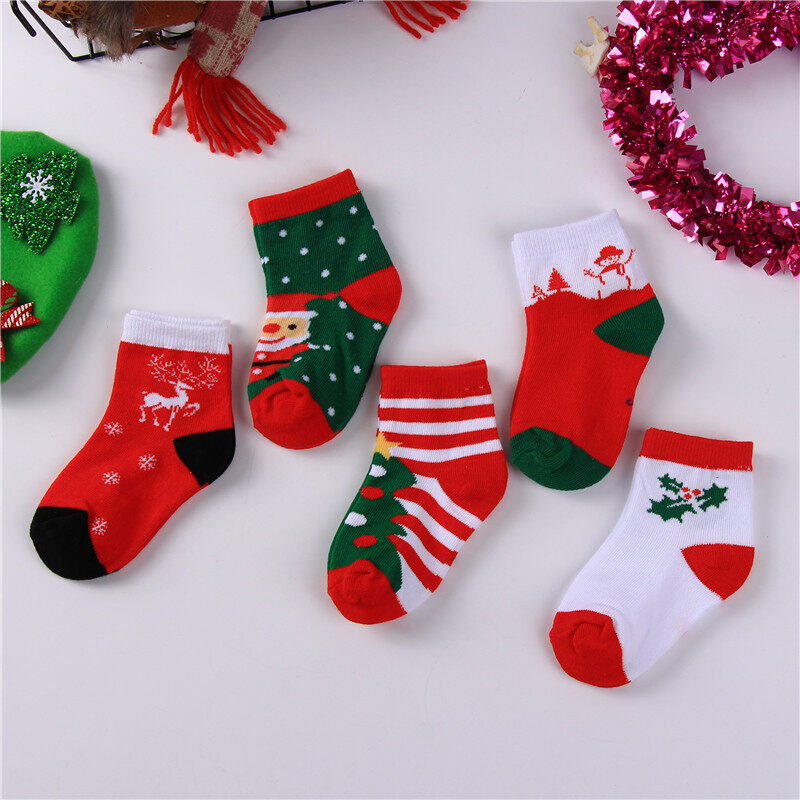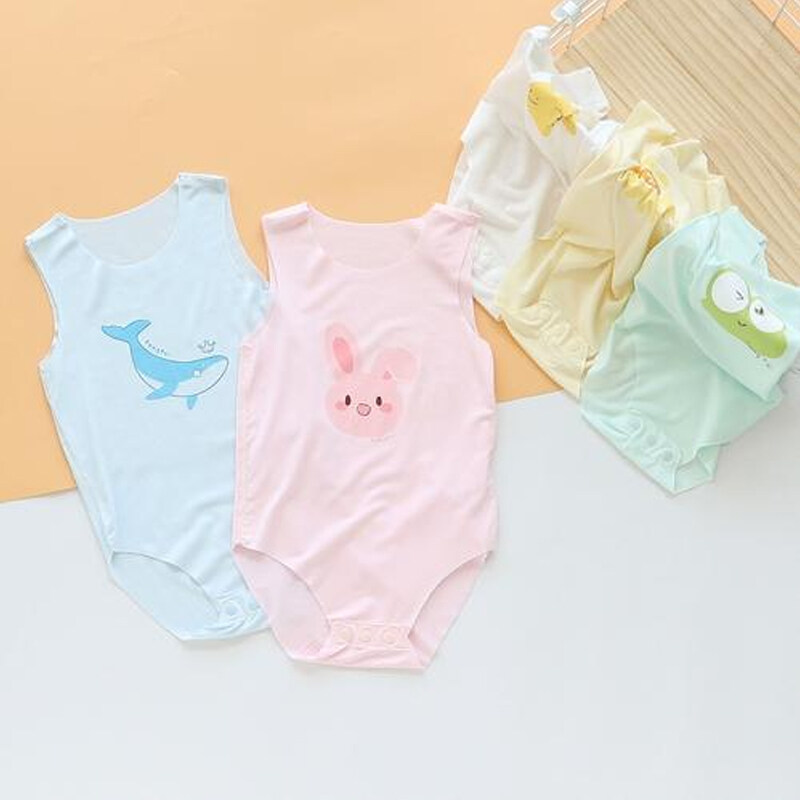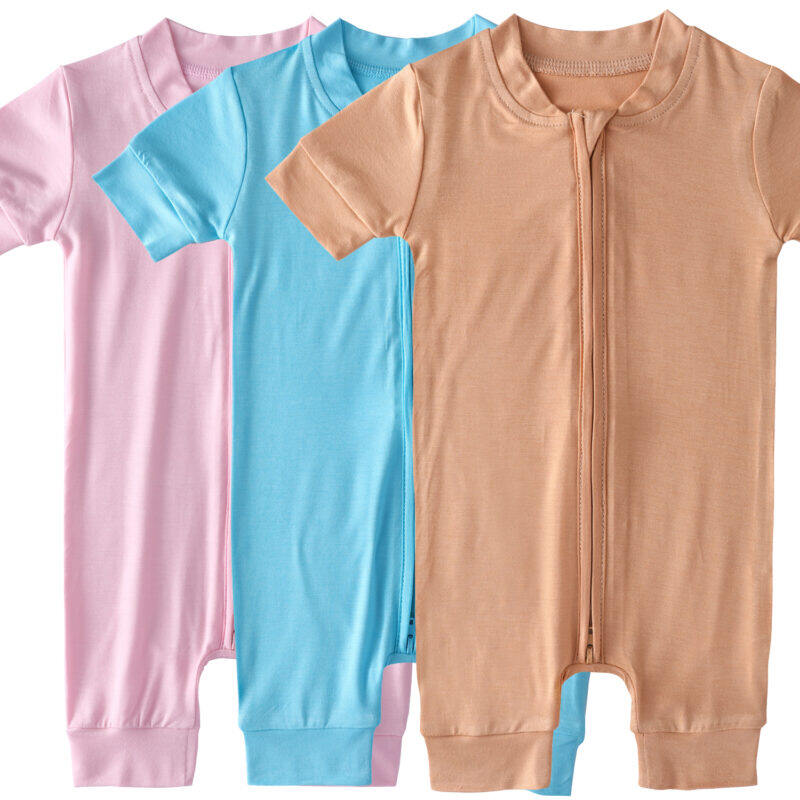Organic Cotton vs. Bamboo Clothes for Wide and Tallish Babies
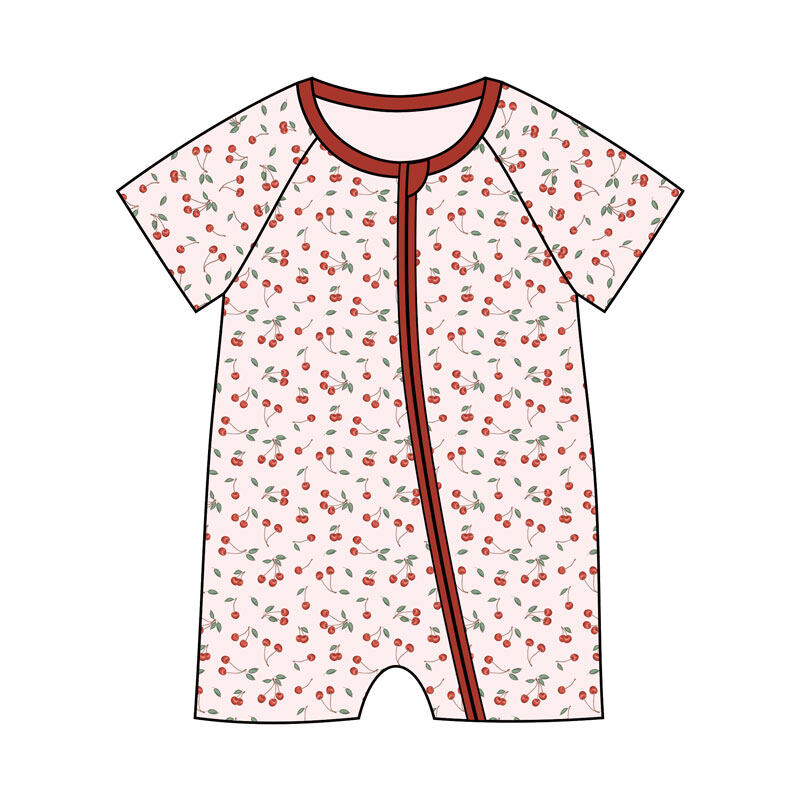
When it comes to dressing babies, especially those with a bit more size—whether they are wide, tall, or both—finding the right clothes can be a bit tricky. Many parents are drawn to fabrics like organic cotton and bamboo because of their softness, breathability, and skin-friendly properties. But which one is the best choice for your wide and tallish baby? This article will help you understand the differences between these fabrics and how they can meet the needs of babies with varying body shapes.
Organic Cotton: Soft, Stretchy, and Durable
Organic cotton is made from cotton grown without the use of synthetic pesticides, fertilizers, or other harmful chemicals. It is soft, breathable, and ideal for babies with sensitive skin. Since organic cotton is often processed without harmful chemicals, it tends to be gentler on your baby’s delicate skin, making it a great option for babies prone to rashes or eczema.
Why it works for wide and tallish babies:
- Stretch and Comfort: Organic cotton fabrics often contain a bit of stretch, which is perfect for babies who are a bit wider or taller. The extra stretch ensures the clothes will grow with your baby, allowing for more room in the chest, waist, and legs. It’s also ideal for babies who are growing quickly but may not quite fit into typical size ranges yet.
- Durability: Cotton is strong and can withstand multiple washes, making it an excellent investment if you need long-lasting clothes. This is especially important for babies who are always on the move.
Potential Drawback:
- Shrinkage: Cotton fabrics can shrink a little after washing, so it’s important to follow care instructions closely to minimize this. While this might affect babies who are already on the bigger side, it’s usually manageable if you buy clothes a bit larger to accommodate the shrinkage.
Bamboo: Silky, Breathable, and Moisture-Wicking
Bamboo fabric has become increasingly popular for baby clothes due to its luxurious feel and environmental benefits. Bamboo is naturally breathable, hypoallergenic, and has moisture-wicking properties, which make it perfect for keeping babies dry and comfortable, especially in warmer climates. Bamboo is also naturally antimicrobial, reducing the likelihood of odors.
Why it works for wide and tallish babies:
- Stretch and Flexibility: Bamboo fabric is known for being incredibly soft and stretchy, making it an excellent choice for babies with wider torsos or longer legs. The fabric’s flexibility ensures that it doesn’t restrict movement and can accommodate the growth spurts that tend to come with the early months of life.
- Softness and Comfort: Bamboo’s silky texture makes it feel almost like a second skin, and this is a huge plus for babies with sensitive skin. Plus, bamboo’s breathable nature helps prevent overheating, making it ideal for babies who tend to get hot easily.
Potential Drawback:
- Cost: Bamboo clothing tends to be more expensive than organic cotton, which can be a consideration for parents on a budget. However, if you’re looking for clothes that are ultra-soft, moisture-wicking, and hypoallergenic, the extra investment might be worth it for your baby’s comfort.
- Durability: While bamboo is soft and breathable, it can be less durable than organic cotton when it comes to frequent washing. Some bamboo fabrics may show signs of wear faster, though many high-quality bamboo clothes use durable blends to reduce this issue.
Which One Is Better for Your Wide and Tallish Baby?
Both organic cotton and bamboo are fantastic choices for babies, but the best fabric for your baby depends on a few factors:
- Comfort and Softness: If your primary concern is softness, bamboo might be the way to go. Its silky feel is hard to beat, especially for babies with sensitive skin.
- Durability and Stretch: If you need something more durable and able to stretch to fit your growing baby, organic cotton is a better choice. It’s also more affordable in the long run and still offers plenty of comfort and breathability.
- Climate: If you live in a warm climate, bamboo’s moisture-wicking and breathable properties will help keep your baby cool. Organic cotton, while breathable, might not wick away moisture as effectively.
Many parents find that a combination of both works best—organic cotton for everyday durability and bamboo for special occasions or hot weather. By choosing fabrics based on your baby’s needs, you can ensure that they stay comfortable, happy, and well-dressed.












